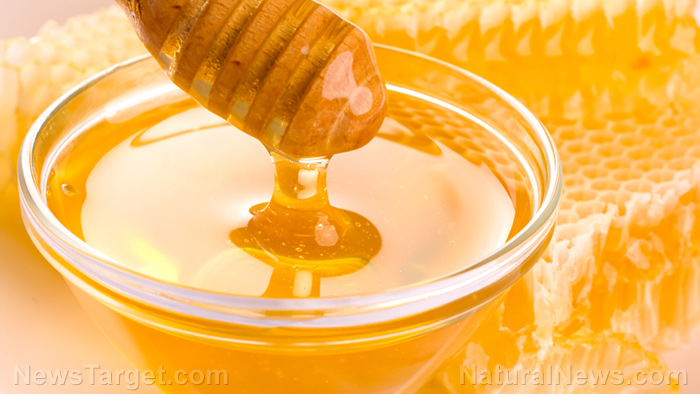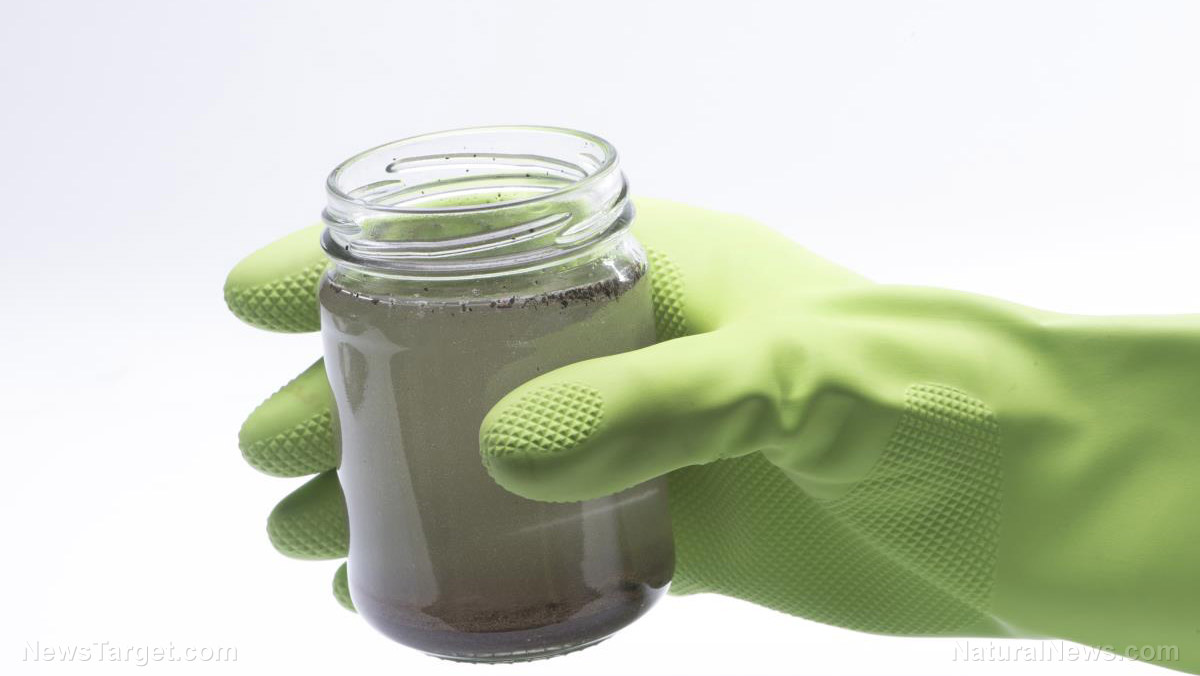Phenmedipham – toxicity, side effects, diseases and environmental impacts
11/17/2017 / By Rhonda Johansson

Phenmedipham is a carbamate ester that is utilized for weed control. The emulsifiable concentrate is mostly utilized as a postemergence herbicide for plants such as red table beets and spinach to limit annual weeds like lambsquarters, shepherdspurse, dogfennel, yellow mustard, chickweed, wild radish, ragweed, kochia, wild buckwheat, foxtail, nightshade, field pennycress, London rocket, purslane, fiddleneck, ground cherry, and goosefoot.
The herbicide is applied as a band or broadcast treatment. It is sold under the brand names Spin-aid and Betanal.
The concentrations at which phenmedipham are sold are supposedly strictly regulated, although there is little evidence to suggest this. All the same, health regulatory groups do not deem the chemical to be harmful to the public.
List of known side effects
The data on the toxicology of phenmedipham is limited. The information that has been released to the public seems to suggest that extremely high levels of the chemical can induce gastrointestinal distress. Rats and fish who were exposed to levels of 1000 ppb (parts per billion) experienced difficulties in swallowing and had abnormal stool both in consistency and frequency.
Phenmedipham is known though to permeate into the soil and stay there within 90 to 180 days. There are no reports on whether this negatively affects overall soil health but botanists have mentioned that repeated and chronic exposure to chemicals (even at low grades) can cause mutations in insects and plants. No medical studies have proven this, however.
Body systems affected by phenmedipham
Phenmedipham is not tolerated well by our stomachs. Assumptions are abound that the herbicide can damage the gastrointestinal tract and cause such symptoms as diarrhea and nausea. This must be taken with a grain of salt, though, as there are no analyses that support this. Take note that phenmedipham and its potential health hazards have never been measured in humans.
Items that can contain phenmedipham
Phenmedipham is only sold as a herbicide. It has no other function.
How to avoid phenmedipham
The general public is not at risk of being exposed to the herbicide. Even those who work with phenmedipham are not considered to be at high risk. This does not mean, however, that the herbicide is completely safe. Workers are still required to wear protective covering and practice common sense. Do not enter fields that have been recently treated with any herbicide or pesticide for at least 48 hours. Do not eat or drink the product. Do not inhale its fumes. Do not apply on the skin. Do not puncture canisters containing the herbicide.
Where to learn more
Summary
Phenmedipham is a herbicide used to control weeds, especially for red table beets. There are no studies on its potential health effects on humans.
Sources include:
Tagged Under:




















